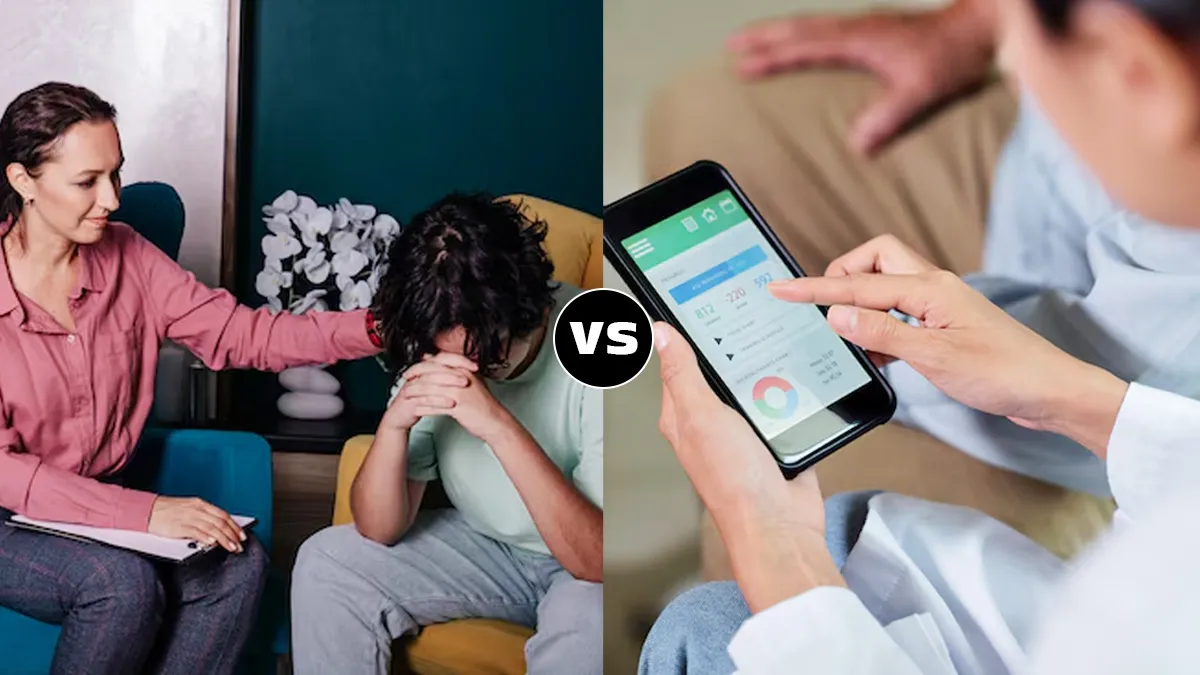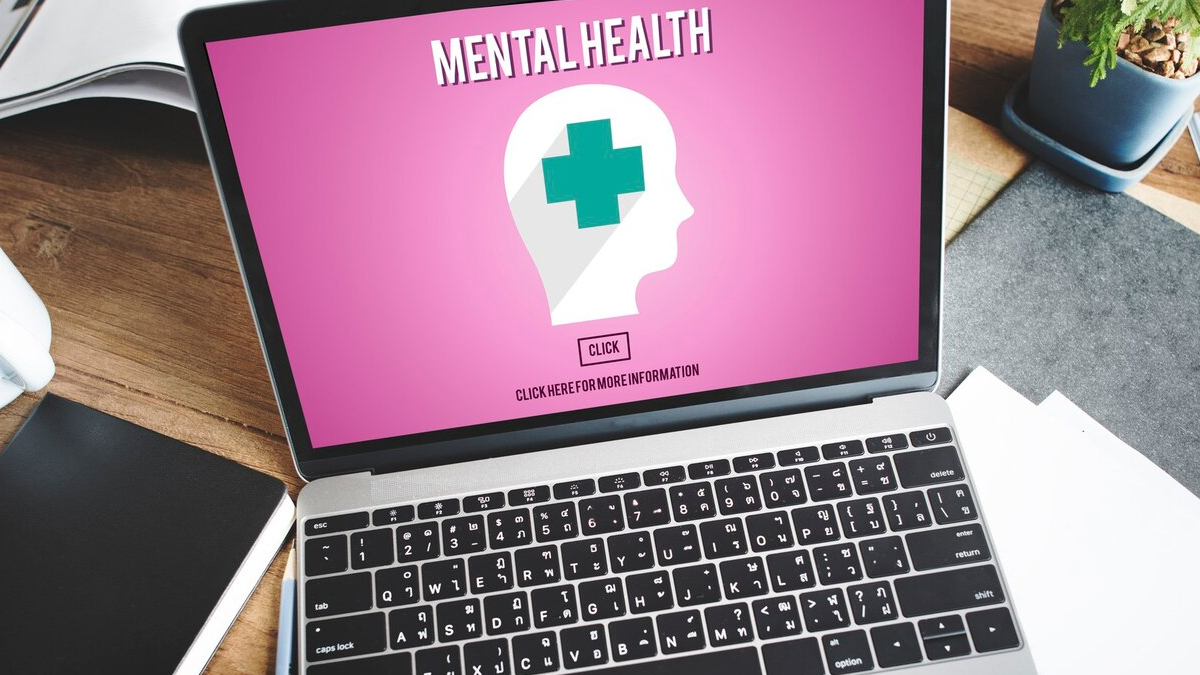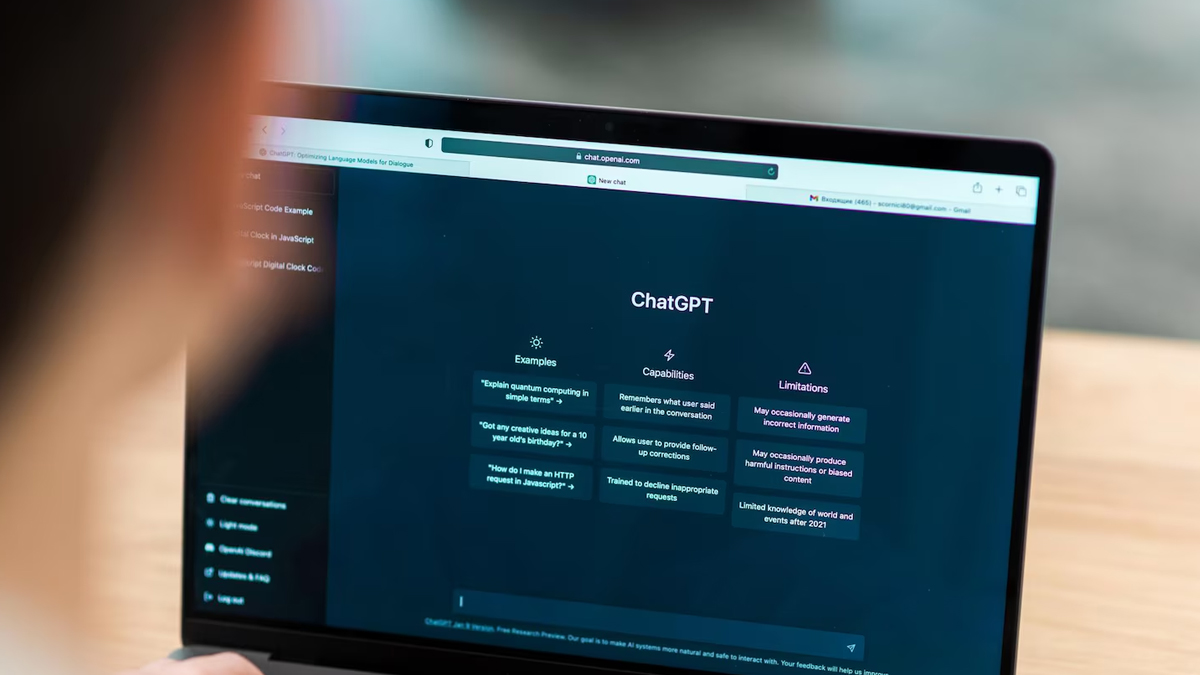
“When I used to feel anxious and low, sometimes talking to a chatbot felt better than talking to a person,” says Garima Johar, an author, explaining how online therapy methods are increasingly finding their place in society. As someone who does not completely trust the viral phenomenon of talking to AI chatbots, she turned to these online therapy options due to the lack of qualified psychologists in her hometown.
Table of Content:-
In the post-Covid world, trauma, anxiety, and therapy have become trending topics, and so the discussion about the right ways to heal and cope. People have become comparatively more open about their mental health, yet stigma and the unavailability of good psychiatrists still persist. With AI integrating into almost every aspect of life, it has also entered the world of trauma healing and therapy. Not just AI, with more and more people taking interest in mental well-being, there is a surge in various online therapy methods, including virtual counselling sessions, digital therapy courses, dedicated websites, mental health influencers or life coaches on Instagram, AI chatbots, and different Mental Health and wellness apps.
However, this growing digital shift has also reignited the long-standing debate about can these online therapy methods replace human psychologists? Can they even stand in for traditional therapy methods?
What Led To The Rise Of Online Therapy Tools
For a significant number of people, these Online Therapy tools are their initial step to getting help. This is particularly applicable to those who cannot afford traditional therapy, do not have enough time, or are hesitant to share their problems with others. The shortage of qualified psychiatrists and mental health professionals have also been a major contributor in the rise.
According to Mental Health Atlas (2020) of the World Health Organisation (WHO), India has only 0.75 psychiatrists, 0.07 psychologists per 100,000 people. This makes an appeal for any platform that provides a sense of emotional support and access from anywhere anytime. The Covid-19 pandemic works as a fuel in this shift, as worldwide lockdown left people in isolation and loneliness.
“There was no one to talk to during Covid-19 lockdown. And then I found an online therapy platform and I can’t be more grateful. I wanted to vent and it provided me with good listeners. However they were not experts but it worked for me,"shared Shruti Das, a native from Kolkata.
A similar experience was shared by Saumya Rastogi, a 27 year old journalist, “Digital therapy felt more accessible and less intimidating initially. It allowed me to open up at my own pace without the anxiety of sitting across from someone. However, I did find it slightly detached after a point. Small non-verbal cues and empathy in a therapist’s tone can make a world of difference, something a chat or screen can’t always capture,” she said.
Also Read: AI ChatGPT Diet Tip Sends Man to Hospital With Rare Case of Bromide Poisoning - Report
Online Therapy Equals to Wrong Diagnosis - Psychologist Says
Mr S Giriprasad, Psychologist, Aster Whitefield Hospital Bengaluru, highlighted a growing pattern in cases where people often search symptoms online, receive an incorrect label, and become more anxious rather than identifying the actual issue. “Recently, a young adult approached me after consulting online sources when he experienced sudden breathlessness and fear. Based on his symptom descriptions, an online tool suggested a wrong diagnosis, and he reached out to us convinced he needed treatment for that condition,” he shared.
“After a proper psychological screening and clinical interview, we found he was experiencing panic attacks related to anxiety. With appropriate evidence-based treatment, his symptoms improved significantly,” he further added.
This clearly shows how important professional evaluation is for an accurate diagnosis and to avoid extra pressure or inappropriate treatment approaches.
Risks While Using Online Therapy Platforms
Recently, the parent company of ChatGPT, OpenAI, shared data revealing that more than a million users on its generative AI platform have shown signs of potential suicidal planning or intent. This indicates how these digital platforms have made their explicit place of mental health. However, all they can provide is limited emotional support, suggestions for mindful exercises, and guided journaling. They lack human connection, empathy, and professional judgment that are intrinsic in therapy carried out by a certified therapist.
Mr Giriprasad pointed out that, “not all the platforms are managed by experts, and a substantial number of AI tools are not able to effectively deal with complex emotional distress, suicidal ideation, or trauma in a safe manner.”
Privacy is another big issue. Individuals frequently divulge their personal information without knowing how it is stored, shared, and used. Moreover, the dependence on quick responses or surface-level advice may postpone professional intervention and cause mental health to deteriorate over time if the root causes are not dealt with.
Dr Mansi Talwar, who is a Mindful Living Coach, explains, “ When people start outsourcing emotional processing to a machine, they may suppress vulnerability or delay seeking deeper help.”
Also Read: Is ChatGpt Making You Dumb? MIT Study Raises Concerns
Connection Over Advice
Sharing one of her cases, Dr Talwar mentioned, “A young professional told me how typing her thoughts into an app helped her vent without fear. Yet, over time, she felt lonelier. She realised she wasn’t craving more advice but she was craving connection. And digital therapy can simulate listening, but not presence. AI can listen, but it can’t hold space ”
Dr Talwar emphasised that these tools can’t read the unsaid, the silence between sentences, the trembling voice, or the energy that shifts when someone finally feels seen, and these play a vital role in healing.
While sharing her journey with online therapy, Saumya shared how online therapy tools lack connection. “Surprisingly, it felt easier at first because there was no fear of judgment. But over time, it began to feel a bit mechanical, like the responses were empathetic but scripted. If I had to pick one, I’d say in-person therapy mainly for the human connection, the safe space, and the ability to feel seen beyond words.”
Garima Johar shared a similar experience, “I’ve tried talking in virtual therapy sessions, surfing through a list of counselors on mental health websites, and also talking to AI bots. I don’t trust the apps, to be honest, as I’ve tried them, spent my money, and got nothing out of them. I do, however, support online therapists if you’re being referred to by a professional or someone you know who has a positive review.”
Part Of The Process, But Not a Replacement
Mr Giriprasad believes, “Most probably, there will be a hybrid model in the future where digital means will be a support to the therapist and not a replacement. The healing power of human connection, the very nature of the interaction through eye contact, tone of voice, and empathy, is something that AI or electronic devices cannot offer.“
Adding to this, Pritinanda Behra from Odisha, shared, “Digital therapy often comes with limited space and time to communicate, understand, and heal, whereas in-person therapy tends to be more convenient, approachable, and easier to comprehend. After all, human emotions and warmth can truly be felt only through face-to-face conversations.”
Bottomline
Support via AI or chatbot can only be in line with therapy and not as a stand-in for the therapy that is personalised. In the digital era, online tools look more accessible but individuals seeking help do not trust them when it comes to treatment, or medications. In the end, no matter how advanced technology becomes, it’s the human heart that truly heals another.
Also watch this video
FAQ
Can online therapy work?
Online therapy can help you feel better in the beginning, but in the long run, only human psychologists can provide treatment and medications.Can ChatGPT do therapy?
No, ChatGPT cannot work as a therapist.Is AI better than therapy?
AI can help you feel good for a limited time period, as it lacks human connection, non-verbal cues, and empathy.Who can I talk to about my mental health for free?
There are several online tools such as mental health apps, websites, AI chatbots, and toll-free calling services. However, it is recommended to consult a qualified mental health expert for an accurate diagnosis.
How we keep this article up to date:
We work with experts and keep a close eye on the latest in health and wellness. Whenever there is a new research or helpful information, we update our articles with accurate and useful advice.
Current Version
Nov 16, 2025 00:22 IST
Published By : Chanchal Sengar
